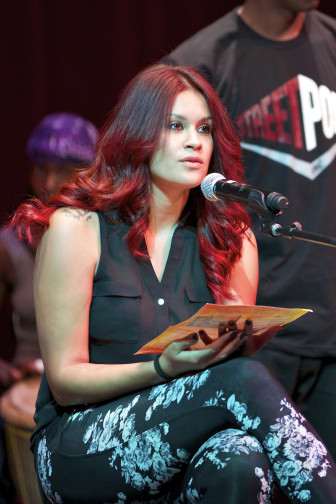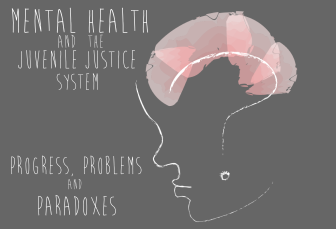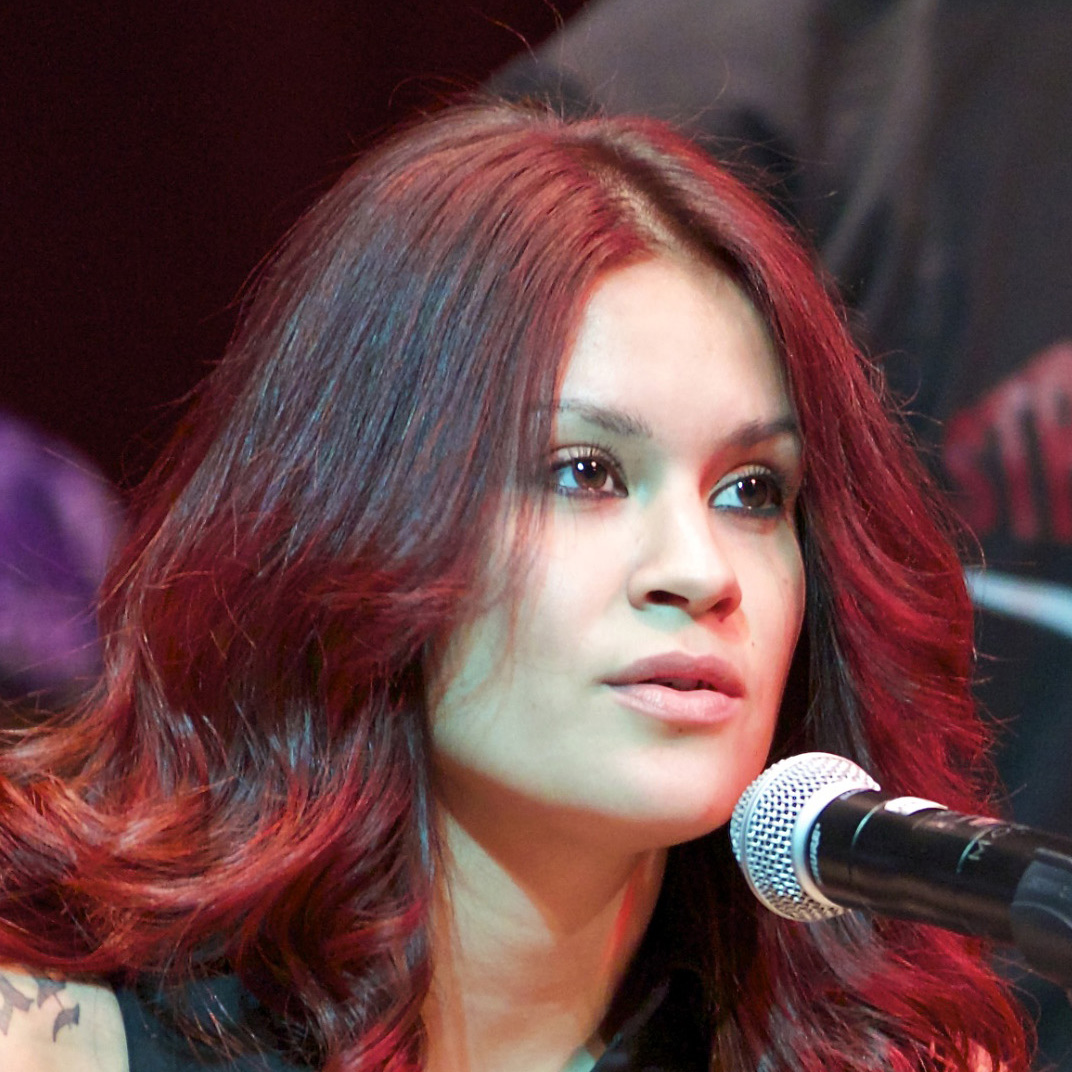
Jaki M.
I grew up seeing nothing but ugly: Dad beating Mom, uncle overdosing in the house across the street, different gangs shooting each other at MacArthur Park while others shot up dope at the same corner. When I was 4 and my brother was 5, we saw a lady getting chased by two men. She dropped down and put something in my brother’s mouth — a ball of pure crack cocaine. My dad saw this and beat her up. The two men that were chasing her then shot someone else right in front of me. Things like these were normal in the West Side of Los Angeles in the ‘90s.
A year later, my dad left us, and after that, my mother did her best to raise us right. Yet, by the age of 12 I was a full-blown meth addict. From having my mom criticizing my weight all the time and being bulimic to having insomnia so young, meth seemed like the perfect fit. It caused me to lose weight — no more nagging from my mother. No sleeping because it kept me up. No more need for throwing up. At the time I never realized that my subconscious had anything to do with it, that I believed all the criticism.
Next I started running away, going in and out of juvenile halls and placements. My life became nothing but gang-banging. At age 16, my addiction and violent life led me to getting locked up for something I did when I was 14/15 years old. They tried me as an adult, so I was facing 25 to life.
[Related: Youth Today’s complete coverage on substance use disorder]
Inside I tried to get sober, yet I kept thinking: Why? Sober for what? My life is done! I took a deal of six years with two strikes. At the time I didn’t even really know what two strikes meant. At 18, after finally being sentenced, I was shipped to a level-four women’s facility, where I relapsed and my addiction got deeper. Aside from meth I started climbing down a deeper hole called heroin. This drug numbed it all! All the memories and the pain would fade, yet little did I know what was about to come my way.
Being in prison for the next 4½ years was a roller coaster. My brother, who was still out, was shot. I only saw my mom once a quarter. I had no control over any of the events that took place. Then I lost my friend in my arms. She committed suicide with my drugs. This hurt the most. Four friends and I found her on the bathroom floor. We did everything in our power to save her, yet I will never forget that moment when I felt her last breath and I knew she was gone: Feb. 28, 2013, I lost Adriana. My “Monkey,” my roommate, my everything.
[module type=”aside” align=”right”] Learn more about mental health and substance abuse on JJIE.org’s Juvenile Justice Resource Hub.
Learn more about mental health and substance abuse on JJIE.org’s Juvenile Justice Resource Hub.
That was also the last time I touched heroin. That drug took my best friend, the one who didn’t see the ugly but saw that little girl inside of me, the one who still had dreams and goals. I managed to stay clean for a year and ended up going to college. I moved to a new city and was living in a beautiful apartment. But I ended up falling hard again into my meth addiction. Trying to forget all the memories and pain didn’t cut it. It’s not about forgetting where you come from, no matter the ugly. It’s about dealing with the pain and letting it go.
Every day is a struggle for us addicts, and, yet, despite our failures and relapses, every day is a new day to choose to stay clean. I’m proud to say I went to rehab and finally got clean. I had a beautiful baby boy. I’m living a clean, sober life despite my struggles. God blessed me with this beautiful little boy, and on the days that are the hardest, I look into his eyes and I remind myself that it’s not about me anymore. It’s about him, and there’s nothing in this world that I want more than to make my son proud. Drug addiction is the hardest hole I’ve had to climb out of. Don’t ever stop climbing!
Jaki, 24, wrote this article with support from our partner, InsideOUT Writers, a Los Angeles-based organization that uses creative writing as a tool for personal transformation with currently and formerly incarcerated youth and young adults. Jaki has been involved with IOW since the age of 12, inside juvenile hall.
A note from our partner about this powerful writing:
At InsideOut Writers, we encourage young people to take a deep look at their lives and their pasts. In order to find solutions to problems, we all know you must first acknowledge the problem — and our writers accomplish this challenging, reflective task through our work. Then with support, they begin focusing on taking necessary steps to solve them — and that’s where IOW’s reentry services and Alumni Program come into play.
IOW alumni are encouraged to embrace their pasts and to learn to believe in the power of their stories and voices to be of service to others. IOW alumni think about about what to share and become intentional about what they want to put out for the world to see. We, and they, understand their stories can be viewed in a negative light. However, because they’ve become comfortable with their own personal journeys and transformations, they tend to opt to tell it like it is. They come to terms with their pasts and traumatic childhoods, thus, they become comfortable openly sharing personal revelations with those willing to listen. To protect their digital imprints, however, we are publishing their candid work with first names only.
— Jimmy Wu, InsideOut Writers Alumni Advocacy Director
More stories related to substance use disorder:
Unspoken Truths: Young People in Recovery
Recovery from Substance Use Disorders and Risky Use: Everyone Has the Right to Get Well
Recovery Communities Give Former Addicts a Boost in the Long Term
They Climb, Bike, Run, Lift, Box Their Way Out of Addiction
Music & Arts Therapists Help Youth Find Their Voice, Break Free from Addiction
































